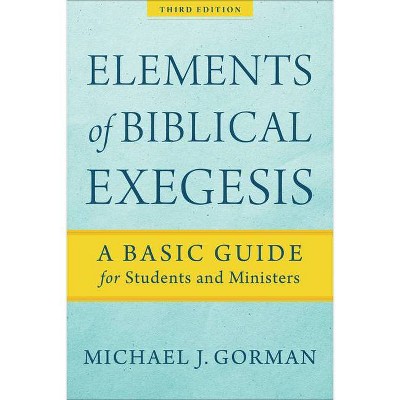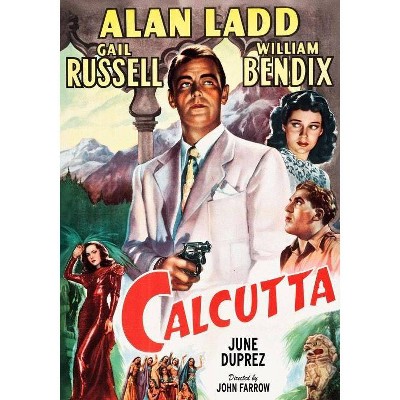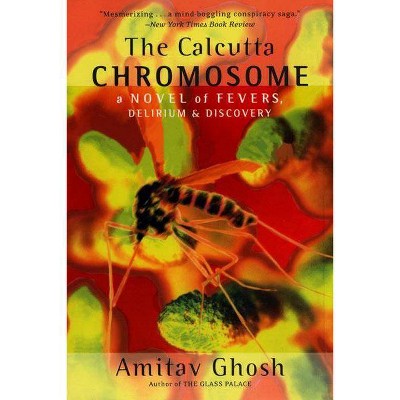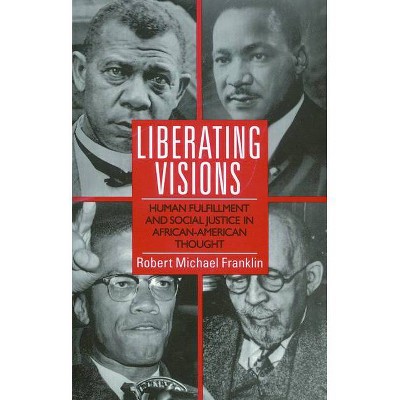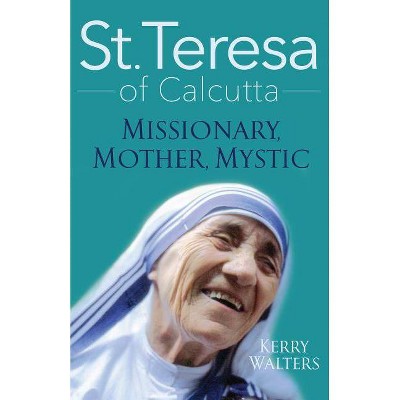Hartly House, Calcutta - 2nd Edition,Annotated by Michael J Franklin (Paperback)
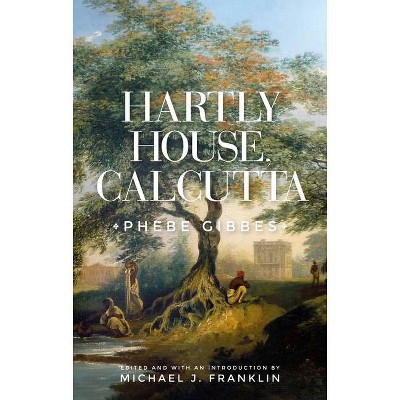
Similar Products
Products of same category from the store
AllProduct info
<p/><br></br><p><b> About the Book </b></p></br></br>This novel represents a key document in the literary representation of India and the imperial debate, profoundly challenging pre-existent discourses of colonialism.<p/><br></br><p><b> Book Synopsis </b></p></br></br><p>'I saw the Nabob's eyes, sparkling with admiration, fixed on my face! ... His state palanquin followed. Four pillars of massy silver supported the top, which was actually encrusted with pearls and diamonds; and, instead of verandas, fine glass plates on every side, as well as the back and front, to shew his Mightiness's person to the greatest advantage. ... I would have given the world on the instant to have been a Nabobess and entitled to so magnificent a train. ... I am dying, Arabella, to have one of these very elephants at my command!'<br /> <br /> 'An entertaining account of Calcutta ... These letters indeed are written with a degree of vivacity which renders them very amusing.' <br /> Mary Wollstonecraft<br /> <br /> 'one of the earliest British novels of India ... of a transcultural love affair between the heroine Sophia Goldborne and a young Brahman. Although positively reviewed by Mary Wollstonecraft ... it soon vanished from literary history; only recently has it begun to arouse the interest of students of eighteenth-century colonial literature. [Franklin] has done a splendid job editing the novel, with a full introductory essay and explanatory notes ... making it available to researchers, students, and the general reader.' <br /> Nigel Leask, Regius Professor of English, University of Glasgow<br /> <br /> '[E]xcellent new edition of Gibbes's novel ... Michael Franklin's introduction and extensive notes are both exemplary.'<br /> Peter Parker, <em>TLS</em><br /> <br /> 'This new edition, introduced, and heavily annotated by Michael Franklin, should be welcomed by both literary scholars and historians.' <br /> Maya Jasanoff<em>, London Review of Books</em></p><p/><br></br><p><b> From the Back Cover </b></p></br></br><b>Back cover </b> 'I saw the Nabob's eyes, sparkling with admiration, fixed on my face! ... His state palanquin followed. Four pillars of massy silver supported the top, which was actually encrusted with pearls and diamonds; and, instead of verandas, fine glass plates on every side, as well as the back and front, to shew his Mightiness's person to the greatest advantage. ... I would have given the world on the instant to have been a Nabobess and entitled to so magnificent a train. ... I am dying, Arabella, to have one of these very elephants at my command!' 'An entertaining account of Calcutta ... These letters indeed are written with a degree of vivacity which renders them very amusing.' Mary Wollstonecraft 'one of the earliest British novels of India ... of a transcultural love affair between the heroine Sophia Goldborne and a young Brahman. Although positively reviewed by Mary Wollstonecraft ... it soon vanished from literary history; only recently has it begun to arouse the interest of students of eighteenth-century colonial literature. [Franklin] has done a splendid job editing the novel, with a full introductory essay and explanatory notes ... making it available to researchers, students, and the general reader.' Nigel Leask, Regius Professor of English, University of Glasgow '[E]xcellent new edition of Gibbes's novel ... Michael Franklin's introduction and extensive notes are both exemplary.' Peter Parker, <i>TLS</i> 'This new edition, introduced, and heavily annotated by Michael Franklin, should be welcomed by both literary scholars and historians.' Maya Jasanoff<i>, London Review of Books</i><p/><br></br><p><b> Review Quotes </b></p></br></br><br>'An entertaining account of Calcutta ... These letters indeed are written with a degree of vivacity which renders them very amusing' Mary Wollstonecraft 'one of the earliest British novels of India of a transcultural love affair between the heroine Sophia Goldborne and a young Brahman. Although positively reviewed by Mary Wollstonecraft, as "an animated picture of Eastern manners", it soon vanished from literary history; only recently has it begun to arouse the interest of students of 18th-century colonial literature ... Michael Franklin has done a splendid job editing the novel, with a full introductory essay and explanatory notes, thereby making it available to researchers, students, and the general reader. The republication of <i>Hartly House, Calcutta</i> will add a new dimension to our understanding of 18th-century literature and early British India.' Nigel Leask, Regius Professor of English, University of Glasgow 'The explanatory notes and introduction are both valuable for contextualizing the novel for casual readers, as well as providing pedagogical resources for classroom use.' The Early Modern Women Journal<br><p/><br></br><p><b> About the Author </b></p></br></br><br><strong>Michael J. Franklin</strong> is Professor of English at Swansea University <p/><strong>Phebe Gibbes</strong> was a prolific writer of as many as twenty-two novels, written in the decades between 1764 and 1798. She was a widow with two daughters, her son having died in India<br>
Price History
Price Archive shows prices from various stores, lets you see history and find the cheapest. There is no actual sale on the website. For all support, inquiry and suggestion messages communication@pricearchive.us
